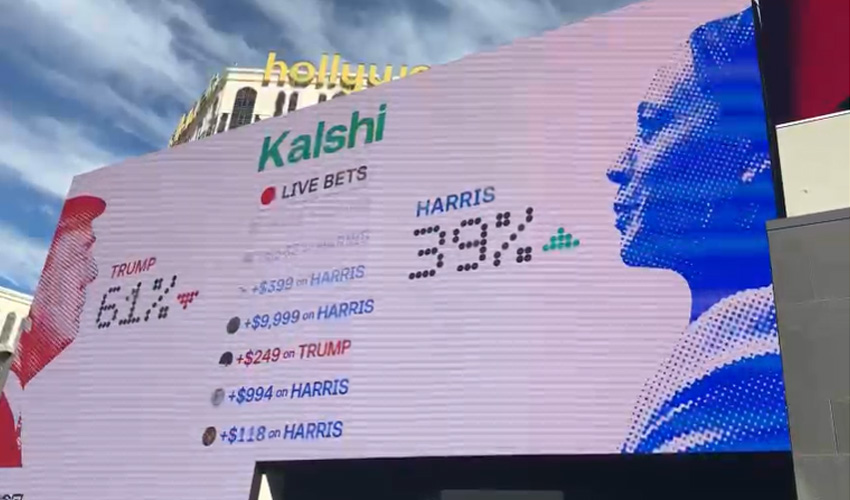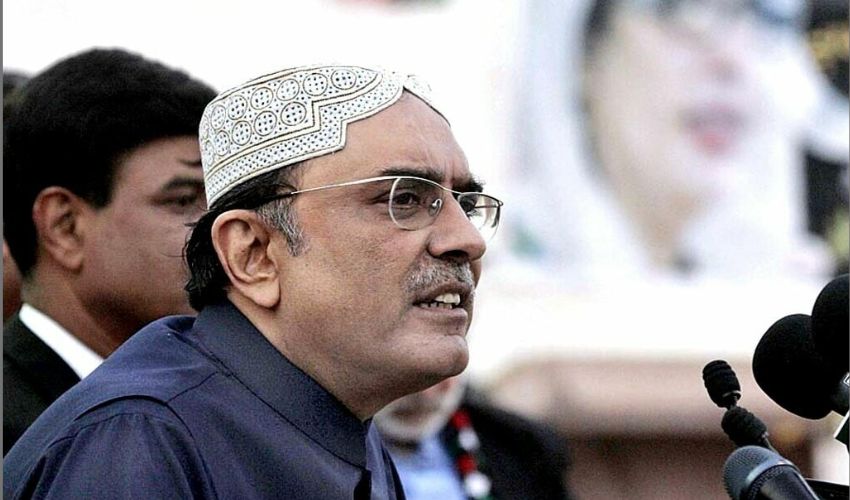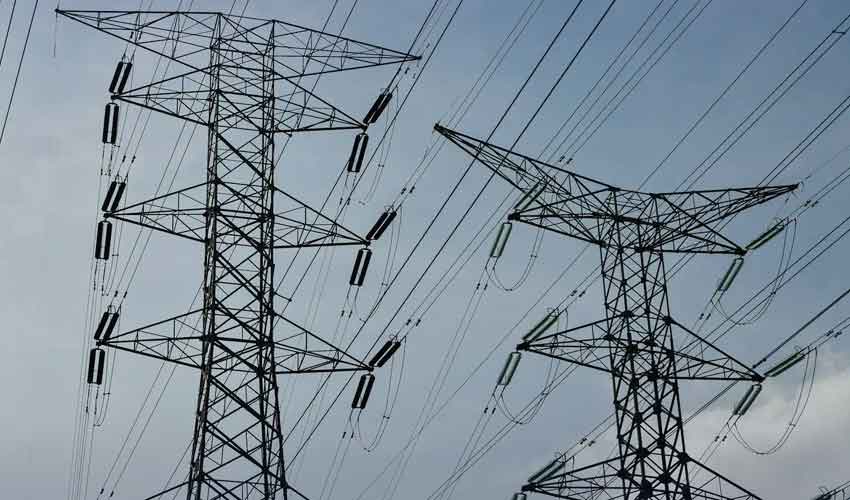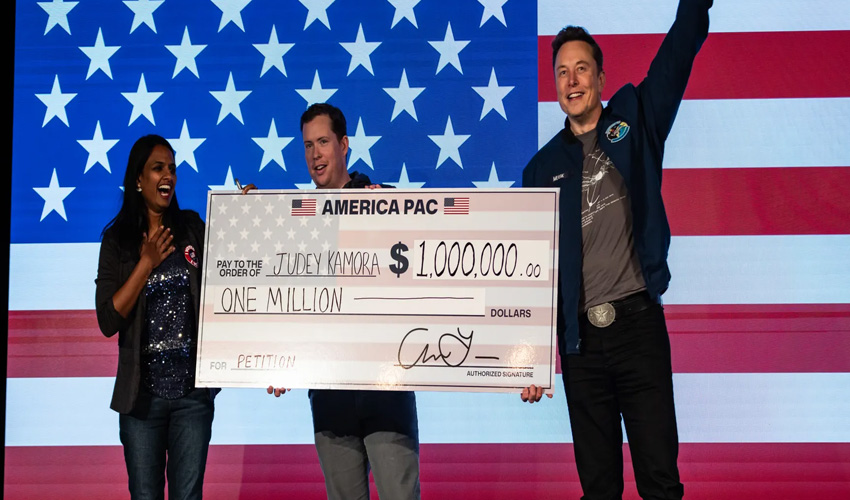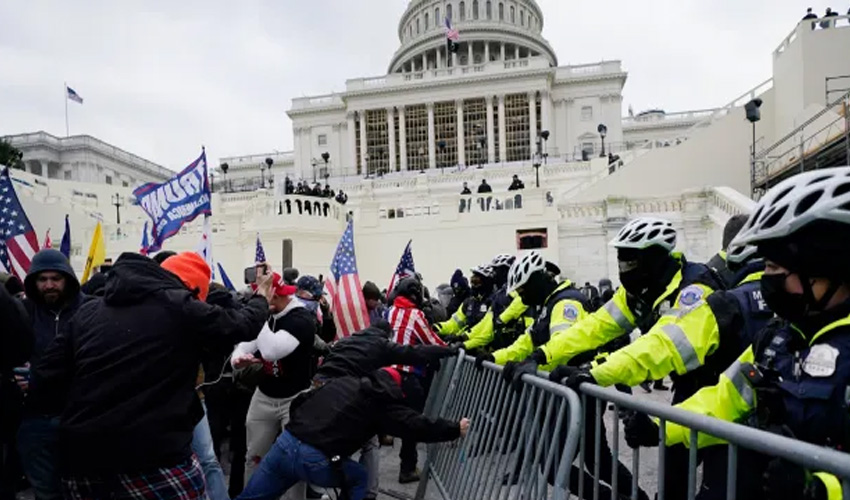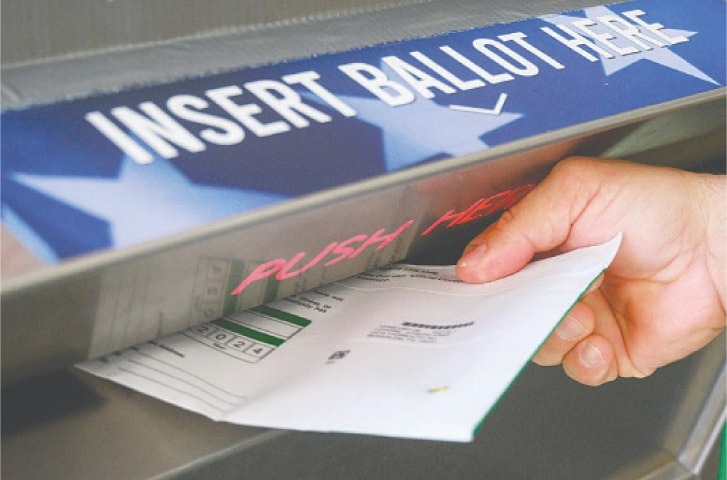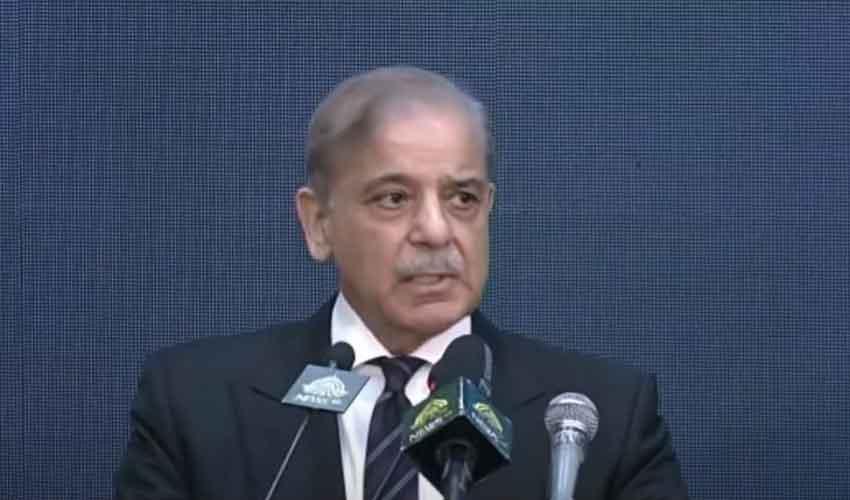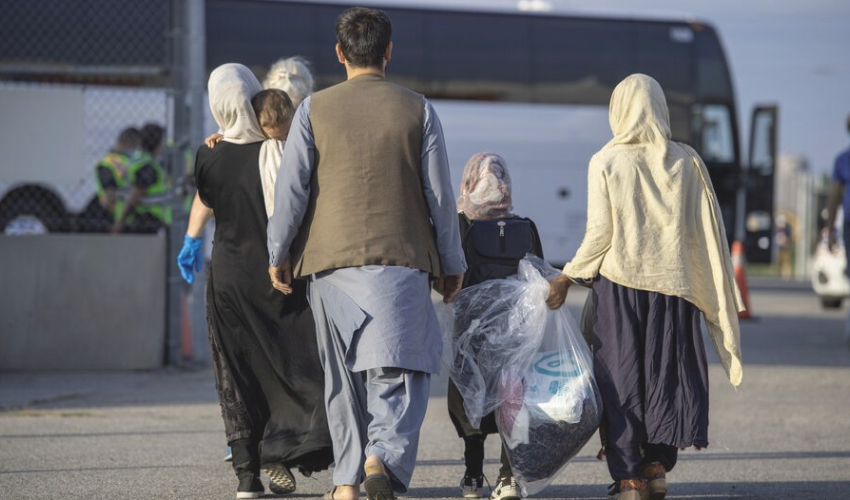As America gears up for the presidential election, an unprecedented wave of legal betting has surged, with over $100 million wagered on the outcome of the race between former President Donald Trump and current Vice President Kamala Harris. This trend was spotlighted recently during Trump’s rally at Madison Square Garden, where an advertisement for Kalshi, an online betting platform, urged attendees to “Bet $100 on Trump, Get $175.” This call to action reflects a significant shift in how Americans engage with politics, raising pressing questions about the implications of betting on electoral outcomes.
It is a call to action and marks a new frontier about how Americans interact with politics and raises very pressing questions about the implications of placing bets on electoral outcomes.
This surge in legal election betting comes in the wake of a federal appeals court having recently paved the way for KalshiEX LLC to establish an election prediction market. Kalshi's CEO, Tarek Mansour, calls the market a "mechanism for truth" and argues that it helps ordinary Americans hedge against political events being unpredictable. For now, the platform believes there's a 63% chance of Trump winning, as per its existing betting odds.
This may seem to be a very innovative manner for voters to participate in the democratic process, but critics, including Senator Jeff Merkley (D-Ore), have their concerns. According to Merkley, the legalization of election betting is a "huge mistake" that undermines the integrity of American democracy. As legal battles continue to surround Kalshi, questions remain over how this new form of betting might impact one of the most contentious presidential races in recent history.
Historical backgrounds
Wagering on the U.S. presidential election is not anything new. Betting markets sprouted early in the 20th century with quite an insightful understanding of who is going to win elections. "Betting markets, up until the time when science polling became widely available, were remarkably good," asserts Keith Romer, who formerly worked as a correspondent for NPR on gambling stories. Between 1884 and 1940, 11 of 15 U.S. presidential elections elected winners who were correctly projected by the betting markets. Scientific polling and stricter gaming laws made this practice retreat into obscurity.
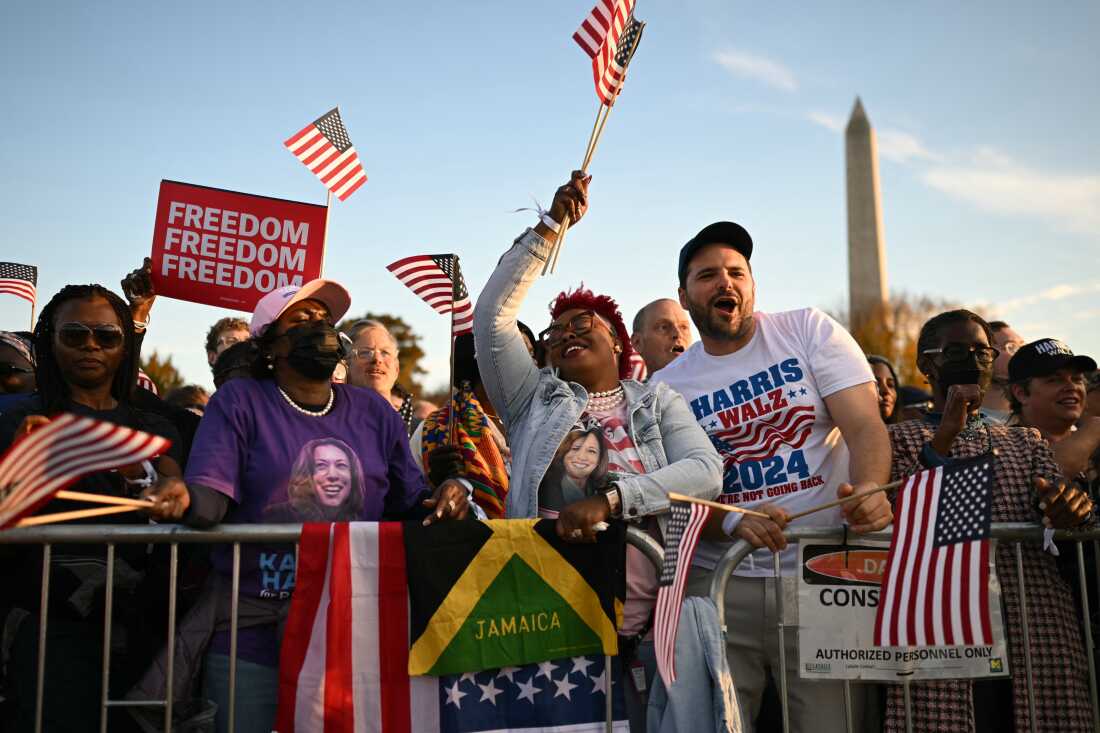
Prediction markets have emerged again in recent years. Offshore prediction market Polymarket has so far taken over $2.5 billion in bets, and a significant portion of that amount is reportedly linked to the chances of Trump winning. Critics have raised concerns over the integrity of such markets, arguing that they inflate volumes artificially.
Legitimising election bets
Kalshi will aim to establish a legal playing field for such bets and position itself as the preferable alternative compared to the traditional polling for politics. Mansour contends that Kalshi democratizes access to political risk management by opening participation avenues for everyday Americans since their financial instruments are also accessible to the rich investors.
However, the idea of interfering with betting markets to manipulate public opinion and candidate viability raises ethical issues. According to Mansour, the markets are self-correcting since opportunistic bettors would eventually profit from the attempted manipulation. However, as Rajiv Sethi of Barnard College pointed out, experts in the area continue to point out that this public betting market might then have an impact in various ways through fundraising, enthusiasm among voters, and hence affect electoral outcomes.
Election integrity concerns
The Kalshi market predictions heated up as we entered into Election Day. Kalshi, for example, is putting over 30 percentage points advantage to Trump, which goes contrary to most political polls in that they report the race to be statisticiably tied. It is enough to raise critical questions over the reliability and accuracy of these prediction markets.
Interestingly, Merkley's bill prohibits a rather curious moral and legal clash about betting on the result of any sort of election. He opines that this compromises the democratic system because he says an act of civic engagement is transformed into monetary gambling. The CFTC presently in various cases involving it and Kalshi with almost identical sentiments concurs, in that, the subject elections should not be transformed into commodities.
End
The debate over election betting is likely to intensify as Election Day approaches. While proponents like Mansour argue that these markets promote transparency and integrity, the criticisms underscore a fundamental tension between profit and principle in the electoral process.
As Americans wager millions on the political future of their country, the question remains: at what cost does this new form of engagement come? Such betting could have serious effects that resonate far beyond the ballot box, actually setting political landscapes and changing the entire fabric of American democracy. Only time will tell at the end of this dust how this unprecedented spate of legal betting may reverberate into political futures in the United States of America.





